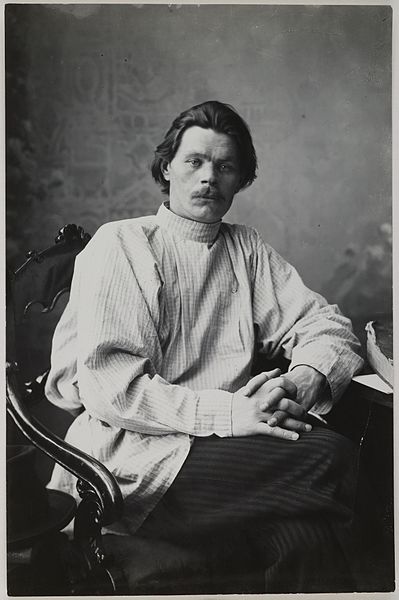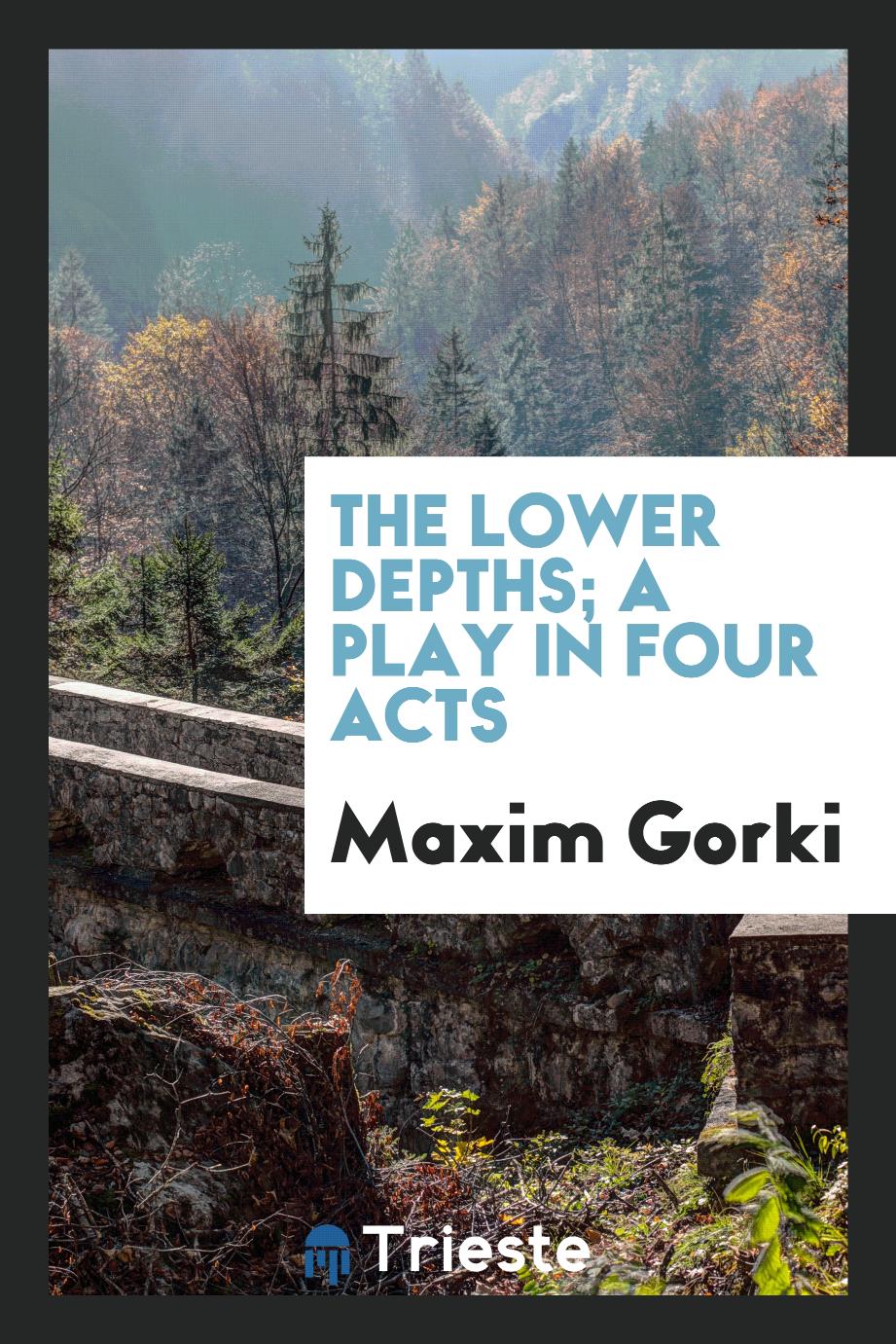
Maxim Gorki
Maxim Gorky (real name is Aleksey Maksimovich Peshkov; the use of the writer's real name in combination with a pseudonym Alexei Maximovich Gorky is also well-established; March 16, 1868, Nizhny Novgorod, Russian Empire - June 18 1936, Gorki, Moscow Region, USSR) - Russian and Soviet writer, prose writer, playwright, founder of the literature of socialist realism, initiator of the creation of the Union of Writers of the USSR and first chairman of the board of this union. Starting with romantically inspired short stories, prose songs and short stories, in 1901 Gorky turned to dramaturgy. At the turn of the XIX and XX centuries, he became famous as the author of works in a revolutionary spirit, personally close to the Social Democrats and in opposition to the tsarist regime. The heyday of the writer's creative biography is marked by cycles of essays, autobiographical stories, plays, two major novels, as well as books and stories in the genre of journalistic documentary. The main pathos of Gorky’s creations is the dream of “new people”, fearless and free, with the highest intellectual and physical abilities, capable of achieving super goals beyond the bounds of the possible, not excluding immortality. He spent more than 18 years in exile, including 15 years in Italy, while he did not master a single foreign language.
